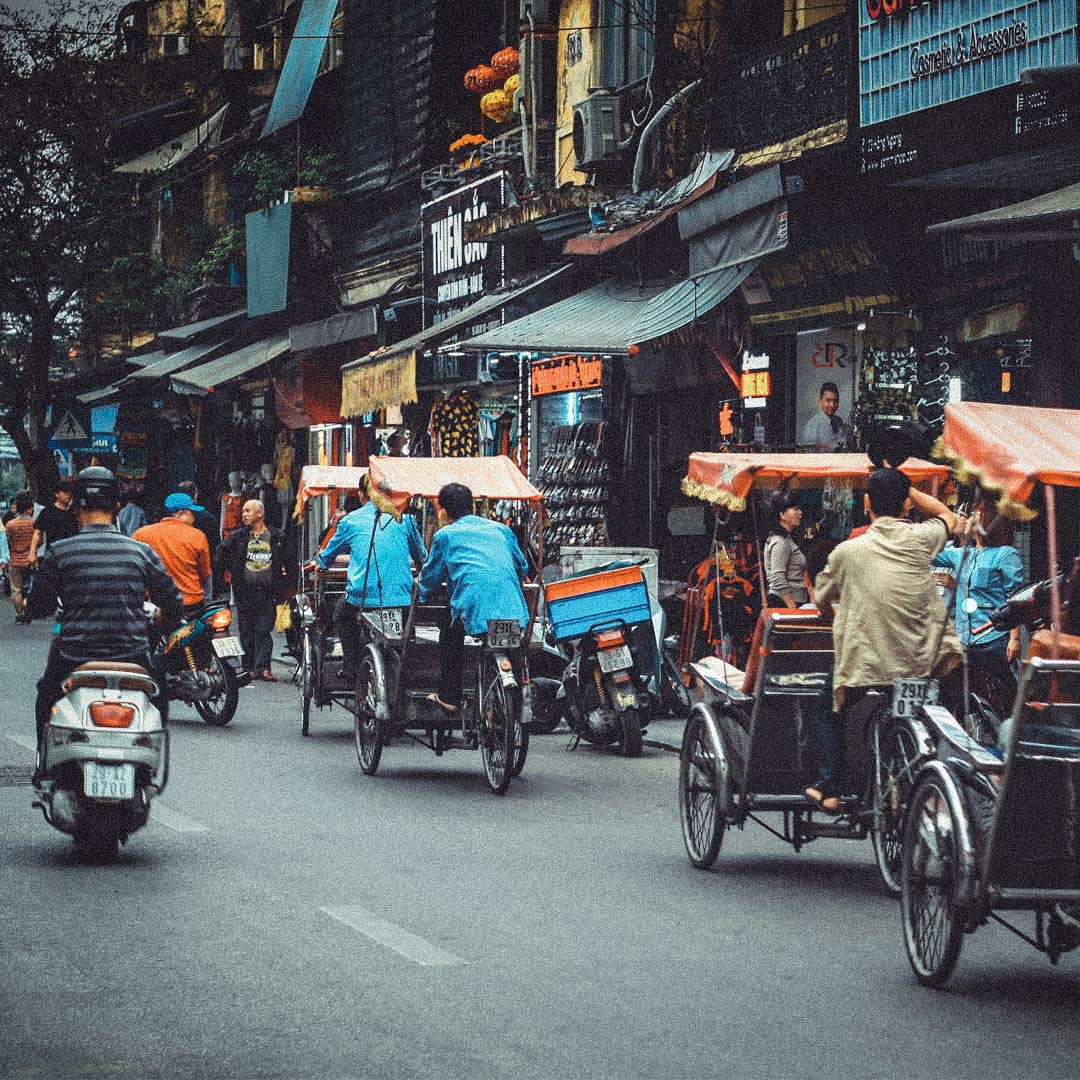The connections between migration, people smuggling, human trafficking and modern slavery are frequent topics of conversation in the anti-trafficking space and particularly when we focus on Europe’s transit routes.
In this new report are shocking facts around the numbers of men, women and children who took to the sea in the desperate journey for a better future, and the statistics around the loss of life and trauma experienced is clear for all to read:
“Since 2011, many countries in the Middle East and North Africa (MENA) have witnessed rising turmoil and deterioration in economic and living conditions due to armed conflicts, persecution and crackdown on dissent. Whereas safe, sustainable and legal migration pathways to Europe are lacking, hundreds of thousands of people fleeing war or extremely difficult conditions found no choice but to embark on irregular and increasingly deadly sea journeys to Europe.
Smugglers exploit migrants’ despair, also due to the continued violence and insecurity in Libya where the majority of migrants start their sea journey, and charge them exorbitant amounts of money, then cramp them into unseaworthy boats and dinghies. As the fragile boats far exceed their maximum capacity, they are susceptible to sinking and vulnerable to pushbacks—causing the death and disappearance of hundreds of migrants and asylum seekers annually in Mediterranean waters. Data from the International Organization for Migration (IOM) indicate that since 2014, the Mediterranean has witnessed about 176,406 crossing attempts by sea migrants from the coasts of North Africa and Turkey to the European coasts. Among them, as of December 2021, about 23,150 migrants have died or gone missing as a result of these attempts.
While people dying or gone missing in the process of migration through the Mediterranean are on the rise, the EU still doesn’t have a common legal framework covering Search and rescue (SAR) and disembarkation activities of EU Member States. On the contrary, it is constantly working to tighten asylum laws to limit the arrival of migrants to its southern coasts. Search and Rescue (SAR) operations in the with source countries and criminalizing non-governmental organizations saving lives in the Mediterranean. On the one hand, to stop the irregular flow of third country nationals, European states forcibly return migrants through the Mediterranean to unsafe countries such as Libya, without regard to the dire circumstances of forced return operations and to the degrading and inhumane conditions of prisons and detention centers in source countries.
On the other hand, several EU countries have been imposing for years administrative and judicial restrictions on humanitarian NGOs working to rescue and aid migrants in the Mediterranean. Up to June 2021, Germany, Greece, Italy, Malta, the Netherlands and Spain initiated 58 administrative or criminal proceedings against humanitarian boats since 2016. National authorities initiated proceedings against crew members or entire vessels, limited access to national territories, caused disembarkation delays and left rescued people at sea for more than 24 hours waiting for a place of safety, leading to the obstruction of life-saving activities, the increasing of migrants’ vulnerabilities, and eventually to migrants’ death or disappearance at sea.”

.png)















